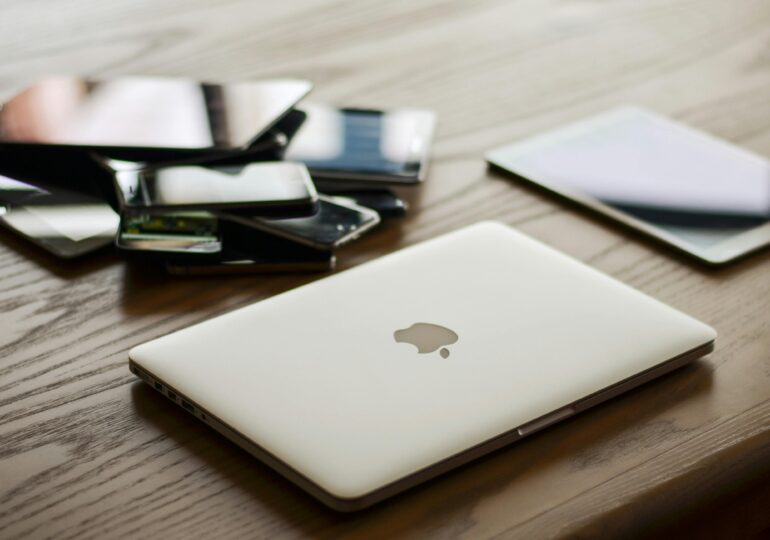Phones, laptops, household appliances, or solar panels discarded by Europeans contain nearly a million tons of critical raw materials – metals and minerals essential for batteries, wind turbines, cables, or chips, as shown in a report published by the European consortium FutuRaM on the occasion of the International E-Waste Day.
„By exploiting their own e-waste instead of the planet’s, Europeans have the opportunity to build circular supply chains and reduce exposure to global crises,” said Pascal Leroy, Director General of the Waste Electrical and Electronic Equipment (WEEE) Forum.
A rapidly growing "urban mine"
The report indicates that the European Union and its economic partners, such as the United Kingdom and Norway, already have a veritable "urban mine" of e-waste, which could double by 2050. In 2022, the European bloc generated 10.7 million tons of such waste, equivalent to 20 kilograms per person, containing 29 critical raw materials.
Only 54% were recycled in accordance with EU standards. This allowed the recovery of 400,000 tons of valuable materials:
- 162,000 tons of copper,
- 207,000 tons of aluminum,
- 12,000 tons of silicon,
- 1,000 tons of tungsten,
- 2 tons of palladium - one of the most expensive metals in the world.
Huge losses, but also significant potential
The remaining waste - approximately 5 million tons - was lost through mixing with scrap iron, uncontrolled storage, or export.
Even in regulated systems, 100,000 tons of critical materials are lost annually, especially rare earths used in magnets and fluorescent powders.
The study estimates that by 2050, the total volume of e-waste in Europe could reach between 12.5 and 19 million tons per year, of which up to 1.9 million tons could be critical raw materials.
Circular economy - the key to EU strategic autonomy
In a scenario based on the circular economy and intelligent design, Europe could stabilize the amount of waste and annually recover over a million tons of essential materials.
"Europe recycles only 1% of its critical raw materials. We need a real change in mindset to transform this mountain of waste into a new source of wealth," said Jessika Roswall, European Commissioner for Environment and Circular Economy.
An economic, geopolitical, and environmental stake
The FutuRaM report concludes that e-waste represents a strategic opportunity for Europe: reducing dependence on third countries, limiting environmental impact, and potentially creating thousands of "green" jobs in high-tech collection, repair, and recycling.
"Recycling and repairs reduce demand, insulate the EU from supply risks, and promote the climate agenda," the study's conclusions state.

